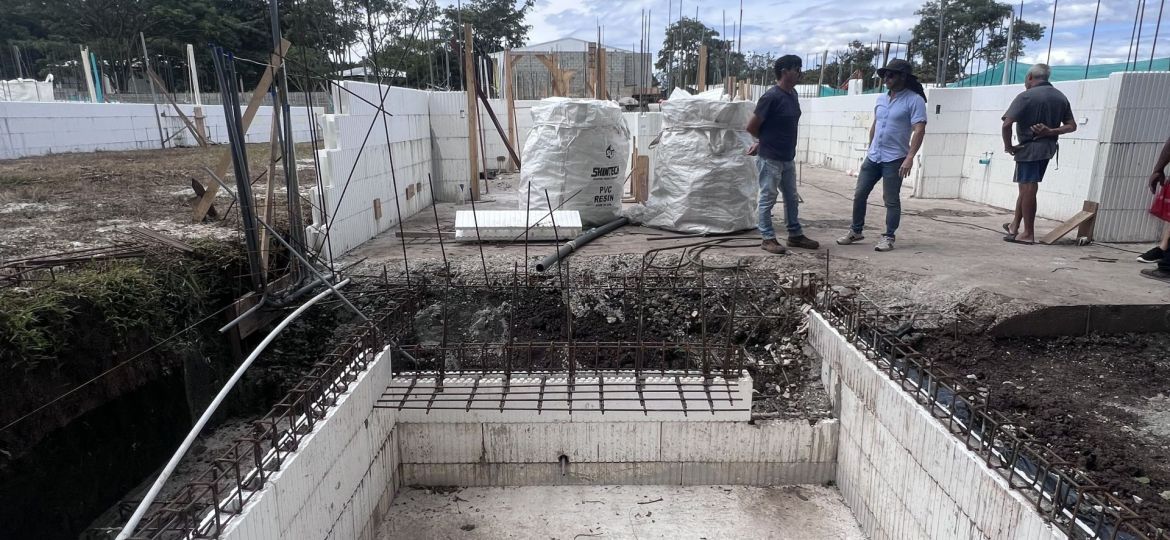
Costa Rica has long been a global leader in sustainability, and the construction sector is now intensifying its efforts to combat climate change. As we enter 2025, the industry is adopting innovative strategies to reduce its environmental footprint and promote eco-friendly development.
Green Building Practices on the Rise
One of the key trends in the construction industry is the growing adoption of green building techniques. Developers are prioritizing sustainable materials, energy-efficient designs, and renewable energy sources. Certification programs such as LEED (Leadership in Energy and Environmental Design) and EDGE (Excellence in Design for Greater Efficiencies) are becoming increasingly popular, ensuring that new projects meet high environmental standards.
Sustainable Materials and Circular Economy
The use of eco-friendly materials, such as recycled concrete, bamboo, and engineered wood, is gaining traction. The industry is also embracing the principles of the circular economy, where construction waste is minimized, repurposed, or recycled to reduce landfill impact. Companies are innovating in material reuse, significantly lowering their carbon footprint.
Energy Efficiency and Smart Technology
Smart buildings are at the forefront of sustainable construction in Costa Rica. Energy-efficient lighting, intelligent climate control systems, and solar panels are being integrated into new developments. Advanced technology, including IoT (Internet of Things) solutions, is enabling better energy management and reducing resource consumption.
Government Policies and Incentives
The Costa Rican government continues to support sustainable construction through incentives and regulatory frameworks. Policies promoting green building certifications, tax benefits for eco-friendly projects, and stricter emission regulations are encouraging the industry to transition towards more sustainable practices.
Urban Planning and Resilient Infrastructure
Urban planning is increasingly focused on resilience to climate change. Sustainable cities with green spaces, efficient public transport systems, and flood-resistant infrastructure are becoming a priority. The construction sector is playing a crucial role in designing and building urban areas that can withstand environmental challenges while reducing emissions.
The Future of Sustainable Construction in Costa Rica
As climate change remains a pressing global issue, Costa Rica’s construction industry is setting an example by embracing sustainability. By investing in green technologies, sustainable materials, and energy-efficient solutions, the sector is helping the country move towards its ambitious environmental goals. In 2025, these efforts will not only contribute to a greener future but also position Costa Rica as a model for sustainable construction worldwide.
